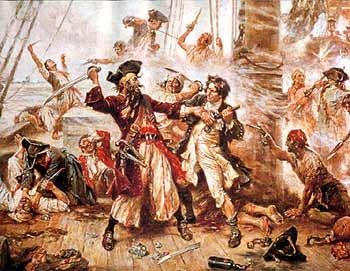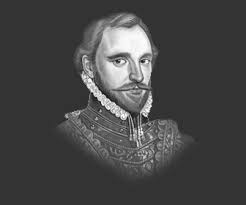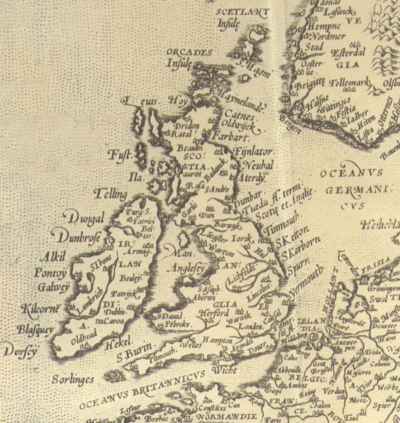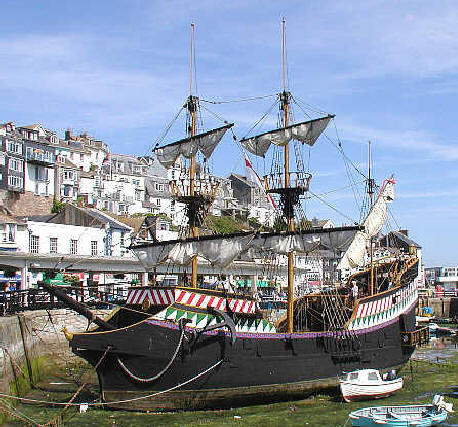The initial part of the 16th Century was dominated by the Portuguese and Spanish when it came to exploration. However, all that changed after Queen Elizabeth I ascended to the throne in 1558. The Queen constantly granted explorers permission to set up colonies on whichever land they found while on an expedition.
Who were the main Explorers in the age of exploration?
The queen was indeed in a way lucky to have had the like of Sir Walter Raleigh, Sir Humphrey Gilbert, Sir John Hawkins, Sir Martin Frobisher, Sir Francis Drake and Sir Richard Grenville at her disposal for they were all stout soldiers with navigational expertise that drew one’s attention.

Why was the Elizabethan era a time of Explorations?
Contents
Several explorations were carried out by famed explorers during the reign of Queen Elizabeth who was keen on opening trade routes with other countries and setting up colonies in new places. Developments in navigational methods and invention of faster and lighter ships enabled these explorations.
What discoveries were made during the Elizabethan era?
The first circumnavigation of the globe was made by Sir Francis Drake during the Elizabethan era. It was an act of great importance in scholarly as well as economic terms. The main purpose was to find the fastest route to travel around the globe and discover new lands.
Sir Walter Raleigh was sent to the Roanoke Island where he set up a colony and started potato plantation. He became the first English potato planter. He sent back potatoes and tobacco to England from Roanoke Island. It, therefore, became an important source of new commodities in England.

Renaissance and its after-effects
The Renaissance led to the liberalization of thought and the rise of revolutionary methods of exploration which were fully utilized by the Spanish to their fullest effect. Soon the likes of Vasco Nunez de Balboa, Juan Diaz de Solis and Francisco Hernandez de Cordoba had managed to explore a huge chunk of the Americas.
The race to find trade routes to the Far East and the subsequent race to colonize the Far Eastern countries was being won by the Spanish while other European powers could only watch.

Why was there so much overseas exploration in Elizabeth’s reign?
The main reasons for Elizabeth to encourage overseas explorations were: To increase England naval power through alliances and trade relations with other countries. Trade and business of new commodities with England was an important purpose as well. New foods, clothes, perfumes and many more things were imported to England from foreign countries.
Queen Elizabeth knew that Spain’s military strength was a threat to her power. The catholic church of Spain wanted to replace her with Mary. So Elizabeth was determined to increase her naval strength and develop the economy of England as much as possible to beat Spain in the race of power.
The Rise of England
Soon after Elizabeth, I rose to the monarchy in England, we saw a change in the general scenario of exploration. Sir John Hawkins sailed to the Caribbean and Sir Humphrey Gilbert founded Newfoundland, Sir Martin Frobisher explored much of Greenland and present-day Canada.
However, the contributions of Sir Francis Drake seemed to prove the most important as he plundered Spanish treasures at will with his crew, helped in the defeat of the Spanish Armada significantly, circumnavigated the Earth and in doing so became the first Englishman to return from the quest alive.

So much was the fear that Sir Francis Drake instilled in the Spanish that they called him “El Draque, the pirate” and King Philip II even put a bounty on his head. It was on the basis of the combined efforts of these extraordinary gentlemen that England became the naval force of Europe and the Age of Exploration flourished under the Elizabethan Era.
More Info On- Elizabethan Age, Explorations and Voyages, Explorers Timeline
